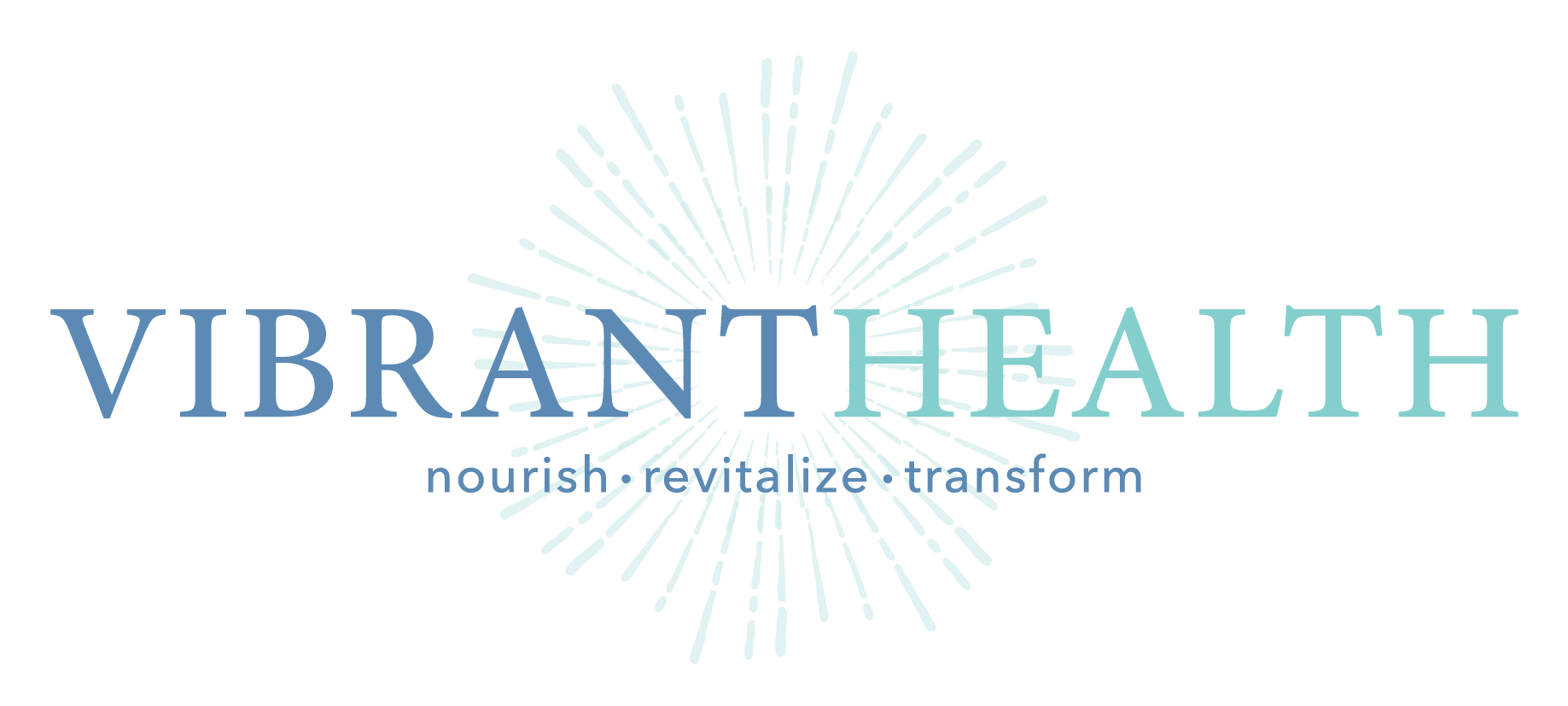Irritable Bowel Syndrome Treatment in Rye, NH

IBS, formally called Irritable Bowel Syndrome, can be an embarrassing condition that puts considerable strain on your daily life. As a chronic inflammation of the large intestine, it’s less serious than other similar conditions including Crohn's disease and ulcerative colitis . These forms of inflammatory bowel disease are more likely to cause cancer down the line. However, this is not to say IBS is a walk in the park.
IBS Symptoms
Irritable bowel syndrome can cause immense discomfort with common symptoms including:
- Abdominal cramping/pain
- Bloating
- Diarrhea attacks
- Gas
- Constipation
- IBS may also intensify hemorrhoids
Attacks involving a combination of the symptoms listed above can be brought on by triggers including, food like spices, fruits, beans, dairy, fat, chocolate and alcohol. Stress , hormonal imbalance and some illnesses may all instigate IBS attacks too.
While forms of incontinence like urge incontinence are typically associated with older individuals, IBS is most prevalent among people under middle age. Those most at risk include:
- People under 45
- Women (woman are twice as likely to suffer from IBS as men)
- People with a family history of IBS.
And surprisingly, those with issues affecting mental health; depression, anxiety, personality disorders and those who have/are the victims of abuse.
Tests and Treatments for IBS
Typically a detailed medical history and a physical exam are the first step in diagnosing irritable bowel syndrome. Specific tests including:
- A lower GI series X-ray: A contrast dye is used to fill the colon and an X-ray performed to see the tissue more accurately.
- Colonoscopy: A camera is fed up the rectum to visually inspect the intestines.
- CT scan: A computerized tomography scan can help see even more detail, sometimes in 3D.
- Blood tests: Blood work is a great way to determine if the issue is based on hormone changes.
- Stool tests: Checking the product of your digestive system can reveal a lot about how it’s operating and where it’s not.
Recommended Treatment for IBS
It’s important to first check with a healthcare provider prior to any treatment, prescription, over-the-counter or natural. However, cutting out gas producing foods, ditching the gluten, watching specific carbs has shown promise in helping many control their IBS. Medications are available too, from anti-depressants and antibiotics to supplements (fiber) and bile acid binders, even medications designed specifically for IBS may help.
Improving or using an IBS diet (FODMAP diet), managing stress and making changes to your daily habits have been said to go a long way in preventing and managing IBS.
Natural remedies like peppermint, probiotic supplements, acupuncture, and yoga have also been suggested as treatments for IBS.
Embarrassing—even painful—reoccurring bouts of diarrhea, bloating, gas, cramping, even constipation are symptoms you don’t have to suffer, treatment options do exist. The first step to an IBS free life is an appointment with your healthcare provider.
Request more information about Irritable Bowel Syndrome Treatment today. Call (207) 536-9661 or contact Dr. Nicole Schertell online.
Vibrant Health Naturopathic Medical Center
Address
3 Riverside DriveGreenland, NH 03840
(207) 536-9661
www.vibranthealthnaturalmedicine.com
Hours
Mon:
8:30 am - 5:00 pm
Tue:
9:00 am - 5:00 pm
Wed:
10:30 am - 5:00 pm
Thu:
9:00 am - 5:00 pm
Fri:
10:00 am - 4:00 pm
Sat:
Closed
Sun:
Closed


